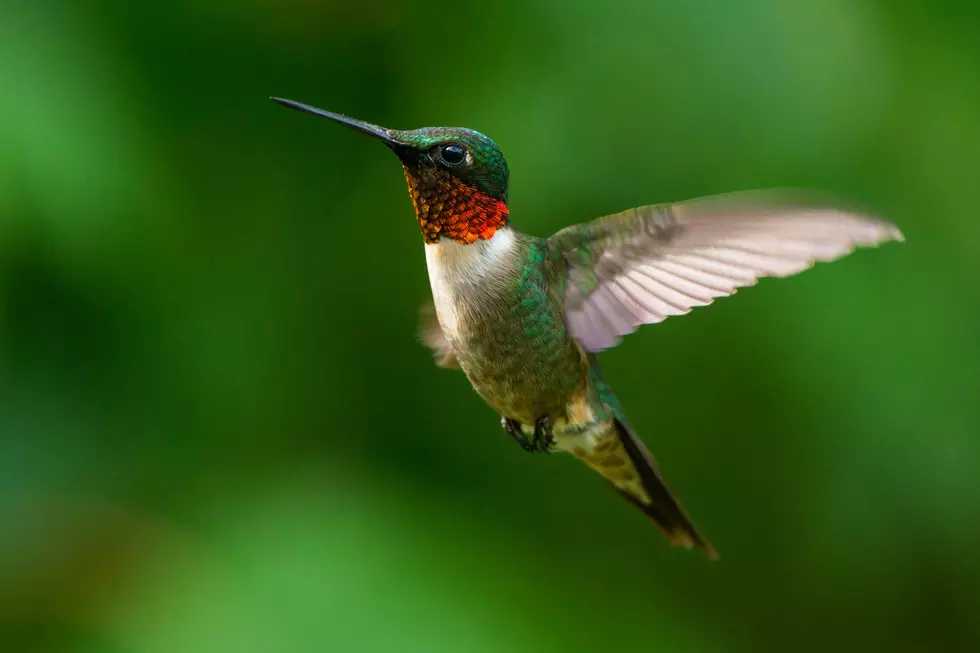
A Friendly Reminder for Iowa Residents With Bird Feeders
Spring is here even though it might not feel like it. Tulips and daffodils have sprouted and creatures have begun nesting.
I sat in wonder as thousands of birds swooped into my backyard trees to take a break during their migration. I also have a robin who has been fighting his reflection in my dining room window. That is a little annoying, but seeing that beautiful creature close-up is a treat.
It's an exciting time for Iowa residents who look forward to seeing our feathered friends. If you're like me, you're setting up bird feeders (or maybe you've been feeding all winter) and birdbaths (as soon as temps stay above freezing).
Feeding the birds is a fun activity at my house. My favorite four-year-old loves it too. We can sit for hours (ok, she won't sit that long, but I definitely can!) watching all the different species stop by for a bite to eat. But bird tending isn't all fun and no work. We have a certain amount of responsibility when it comes to the birds' well-being.
It's easy to fill up a feeder and sit back to relax, but there's a risk that bird feeders and birdbaths can cause illness and disease.

Iowans understand how easily birds can get sick especially now with the avian flu outbreaks in our area that is causing millions of domestic birds like chicken and turkeys to die or be destroyed. You can get more details about the avian flu outbreak in Iowa on our website.
We can help our backyard birds from getting sick and spreading the disease to domestic birds by taking a few precautions. The more birds that visit our feeders and birdbaths the greater the chances are of their getting sick. Birds and other backyard critters may bring diseases that can contaminate the food in the feeders or the water we have supplied for them.
We know a lot about spreading germs during the pandemic. Hand washing for humans is critical. It's easy to spread germs through the food we prepare. If you eat something without washing you're more likely to get sick. If food is left out, it becomes unsafe with bacteria and we fall ill. We need to look out for our feathered friends and ensure their food isn't contaminated with bacteria and that the water we leave out for them is clean.
If you're an Iowa homeowner who sets up a bird feeder or birdbath make sure you take on the responsibility that goes with it to ensure everything is clean and fresh. It's not enough to just fill up the food and water containers.
According to AllAboutBirds.org, clean the feeders with a bottle brush and hot water at least once a week. Disassemble the feeders and run them through the dishwasher, hand wash with soap, or use a diluted bleach solution and rinse thoroughly. Don't use soap or detergents for hummingbird feeders.
Our beloved feathered friends can be messy and waste builds up easily on feeders, so it's important to keep their equipment clean. Make sure you're changing birdbath water once a week and give that a good scrub as well. Your birds will thank you for it.
No one in Iowa wants to get our birds sick, especially if the cause is unintentional on our part. Iowans love their birds. We wouldn't be feeding them if we didn't. Let's take good care of them and do our part.
Fun Facts About All of the 99 Counties in Iowa
10 Questions You Should Never Ask Somebody From Iowa
More From 104-5 KDAT









